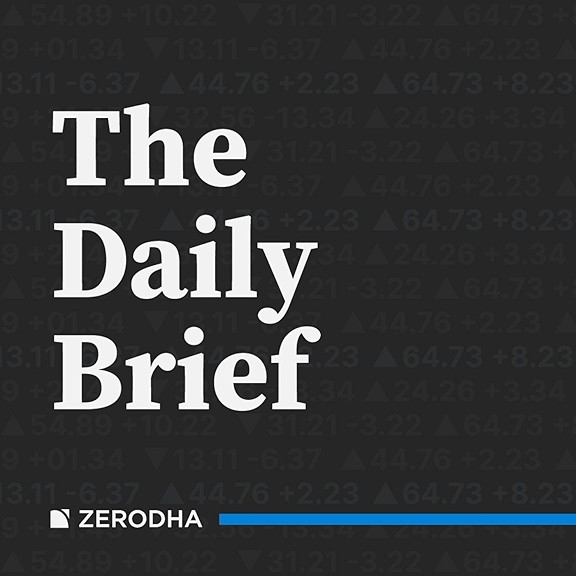
How we’ve Hit $5MN+ ARR Selling $25K Deals to Customer Service Teams
In this insightful episode of the B2B SaaS Podcast, we delve deep into the success story of Vivantio, a leading enterprise service management platform, with CEO Greg Rich. Discover the strategies, insights, and metrics behind their remarkable achievement of surpassing $5 million in Annual Recurring Revenue (ARR) by selling $25,000 deals to customer service teams.
Here are the key topics covered,
- Introduction to Vivantio: Greg Rich, the CEO and co-founder of Vivantio, provides an overview of their enterprise service management platform tailored for customer service and support teams.
- Understanding the Market: Learn about Vivantio's target market, predominantly mid-market teams seeking to upgrade from legacy or entry-level case management solutions to a more advanced service management platform.
- Product Differentiation: Greg explains how Vivantio simplified its license model, offering a single platform with customizable features, catering to various service teams across the enterprise.
- Customer Base and Revenue: Gain insights into Vivantio's customer base, serving approximately 400 customers with an average deal size of $25,000, resulting in an ARR exceeding $5 million.
- Growth Journey: Explore Vivantio's growth journey, focusing on strategic investments in SEO, content marketing, and educational initiatives to drive growth and market awareness.
- Sales Cycle and Expansion Strategy: Understand Vivantio's sales cycle, averaging 60 to 90 days, and their expansion strategy, achieving a net retention rate of 110% to 115% by upselling features and expanding usage horizontally and vertically within customer organizations.
- Churn and Retention: Discover Vivantio's customer churn rate and average tenure of approximately six years, indicating strong customer retention and loyalty.
- Team Structure and Vision: Get insights into Vivantio's team structure, comprising sales, marketing, product, support, engineering, and operational teams across the UK and the US, and their vision for future growth, including plans for equity funding to capitalize on the $26 billion market opportunity.




















